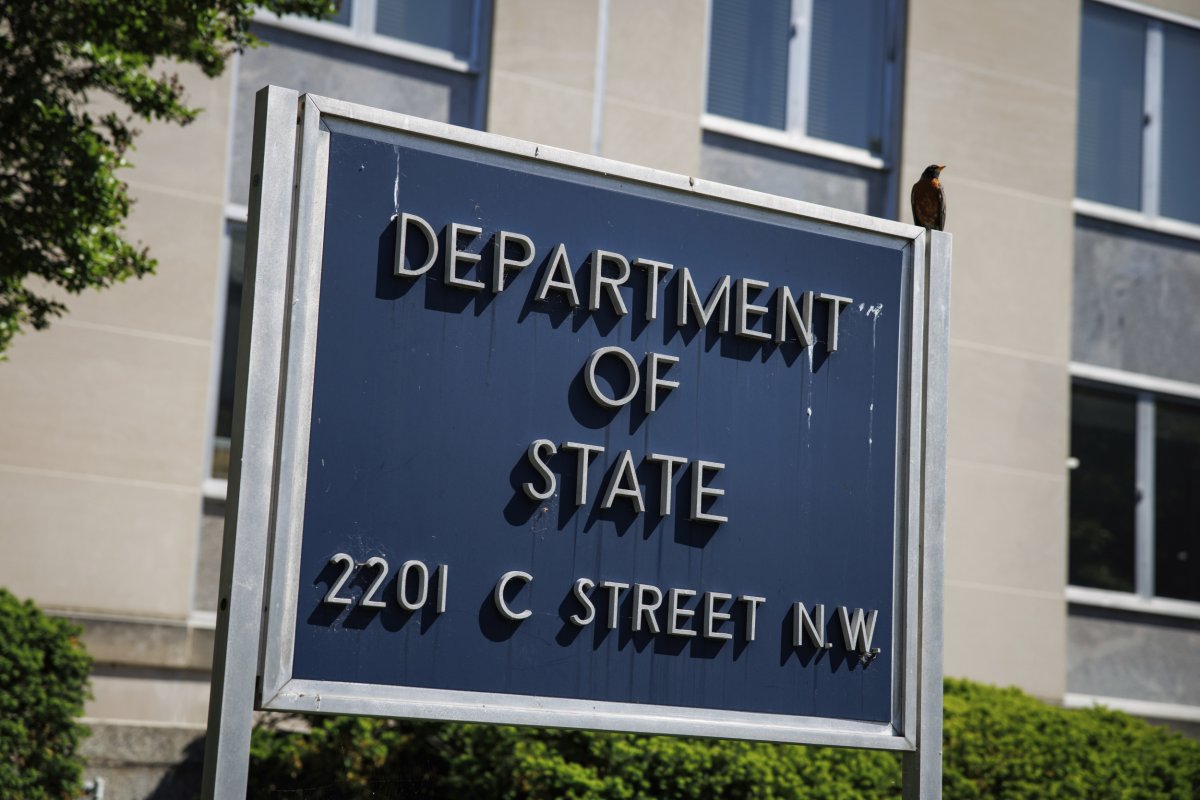Port-au-Prince, August 2025 – In a move that has stirred debate at home and abroad, the Haitian transitional government has signed a 10-year contract with Vectus Global, a private security company controlled by Erik Prince, the controversial founder of Blackwater.
The agreement outlines a dual mission: deploying private armed contractors to fight Haiti’s gangs and establishing a tax collection system at border crossings with the Dominican Republic.
Who Will Be Deployed?
According to reports, nearly 200 foreign contractors are expected to arrive in Haiti from the United States, Europe, and El Salvador. These personnel will include specialists in sniping, intelligence, communications, drones, helicopters, and maritime operations.
Vectus Global’s stated goal is to recapture gang-controlled zones within one year, with the ambitious target of making it possible to drive from Port-au-Prince to Cap-Haïtien without gang interference.
Financing and Tax Collection
One of the most unusual aspects of the contract is Vectus Global’s role in directly participating in the collection of customs and border taxes. Prince argues this will give Haiti’s government the sustainable revenue needed to fund security operations and national development.
However, critics see this as a dangerous outsourcing of state sovereignty to a private firm, raising fears that Haiti could become financially dependent on foreign contractors.
International Reactions
- U.S. Government Position: The U.S. State Department has distanced itself, explicitly stating it is not involved in or funding the Vectus Global operation.
- Human Rights Concerns: Several international watchdogs have warned that entrusting Haiti’s security and tax collection to a private military company could worsen instability, create accountability issues, and erode democratic institutions.
Context: Why Haiti Turned to Vectus Global
Haiti has been engulfed in escalating violence since gangs took over much of Port-au-Prince in early 2024, seizing roads, prisons, and even the international airport.
The UN-backed, Kenya-led Multinational Security Support Mission (MSS) has struggled due to lack of manpower and funding. In this vacuum, Haiti’s transitional government has opted to bring in private security forces, a move reminiscent of Prince’s controversial role in Iraq and Afghanistan.
The Debate
Supporters argue that desperate times call for unconventional measures, and private contractors could achieve results faster than struggling Haitian or international forces.
Opponents, however, warn that this risks turning Haiti into a testing ground for privatized warfare, leaving the state even more fragile and dependent on external actors.
Conclusion
The Vectus Global deal represents a historic—and highly controversial—shift in Haiti’s security strategy. Whether it will help restore stability or entrench new vulnerabilities remains to be seen.
For now, Haitians and the diaspora are left asking: Is this a solution—or another trap?









